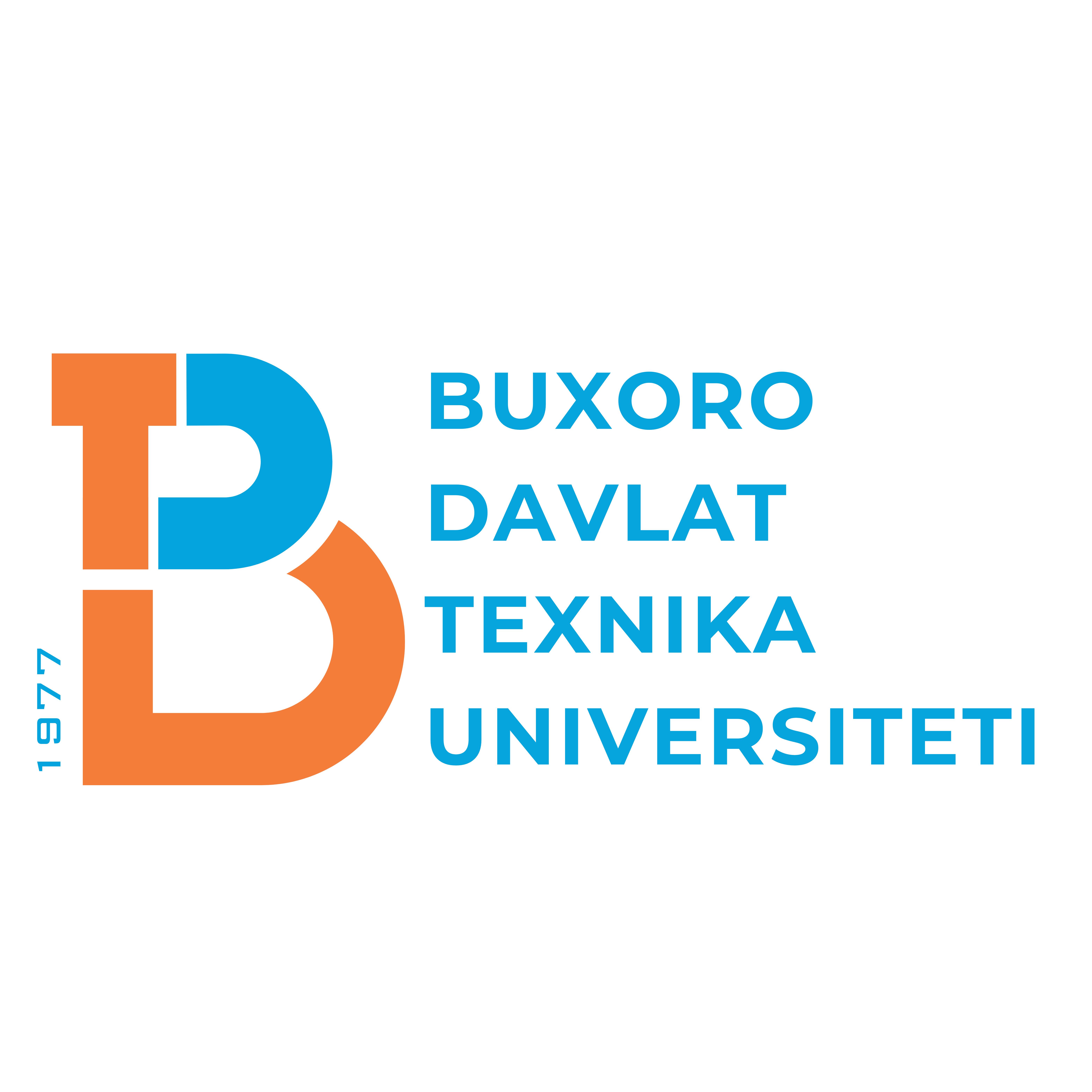Problems of linguistics and methods of teaching English
Bosh sahifa Problems of linguistics and methods of teaching English
Problems of linguistics and methods of teaching English
Currently, the need to learn English is an important and real factor in the functioning in various fields of human activity has become generally accepted. English is taught throughout the years of study, in all specialties.
The main task of the teaching is to master students' communication skills in English. The methods of linguistic training are constantly being improved, since the formation of communicative and sociocultural competencies provides the basis for adequate interaction in the framework of international communication and professional situations. As a result of training at a university, a modern foreign language specialist “must demonstrate a certain level of bilingual communicative competence, including linguistic, sociolinguistic, sociocultural, discursive in accordance with the pan-European requirements scale for all types of speech activity (speaking, listening, reading and writing); to know the language of realities associated with major historical events, cultural and historical associations, with the peculiarities of socio-political life, government, economy, traditions and customs of the countries of the studied language and be able to transmit this information to students ”.
It is a well-known fact that a prerequisite for the implementation of any communicative act should be a mutual knowledge of the realities of the speaker and listener, which is the basis of linguistic communication. In linguistics these values are called background knowledge. The national-cultural component (and background knowledge as an integral part of it) may be the content of training for a particular discipline of the curriculum. In this case, work with units of cultural information is carried out in the context of the goals, objectives and conditions of a practical language course. They are used in classes on the development of oral and written speech as language and speech material in the process and for the development of reading, translation, oral and written monologue, paired and group discussion, debates.
Background vocabulary. This category is associated with such a component of the signature as the lexical background. The lexical background is responsible: - for thematic words. For example, the Russian "письмо" and the English "letter" are conceptually identical and comparable. However, discrepancies are observed in the lexical background: the address on the envelope is written differently. The lexical backgrounds of the basic words of the language, as a rule, are closely related to the totality of all the values of the spiritual culture of society, therefore, even words that are far from the national specificity should be given due attention. So, the word “school” or “university” for foreign languages cannot be without equivalent, because they are easily translated, but the totality of information that relates, for example, to the American “university” is very different from the lexical background of the Russian “university”. This foreign-language background information reflects the specifics of the American education system and ultimately shows the characteristic features of a different lifestyle.
The study of special literature led us to the conclusion that the consideration of background knowledge in terms of their structure and thematic content, as well as in the methodological aspect, has not yet been the subject of special studies. Familiarization with lexicographic sources (dictionaries of background knowledge, language and culture, quotes, winged words and expressions) allows us to justify the appropriateness of highlighting a special category in the total amount of background knowledge - literary background knowledge. We include the names of writers, the names of works, the names of literary characters and their statements, the names of the place of action, objects and objects, separate lines of poetic works and quotes from the author's narrative, which are used in various types of figurative meaning (generalizing, characterizing, metaphorical, associative typing, etc.). These units are literary in their origin (i.e., their source is the work of fiction in English) and background due to the prevalence and well-known among native speakers in both the factual and connotative aspects of their meanings. By the definition of specialists, they are present in the cognitive base of native speakers in the form of phenomenological (conceptual) structures and are repeatedly reproduced in speech. The use of personal names in a figurative meaning, as well as the use of literary material in the form of quotes, allusions and links, require the reader or listener to know the text, recreate the situation of their primary use in memory, restore typical character traits, his style of behavior, fate, and sometimes and features of the entire work.
Norjon Gafurova
Bukhara state technical university teacher of Uzbek and foreign language department




